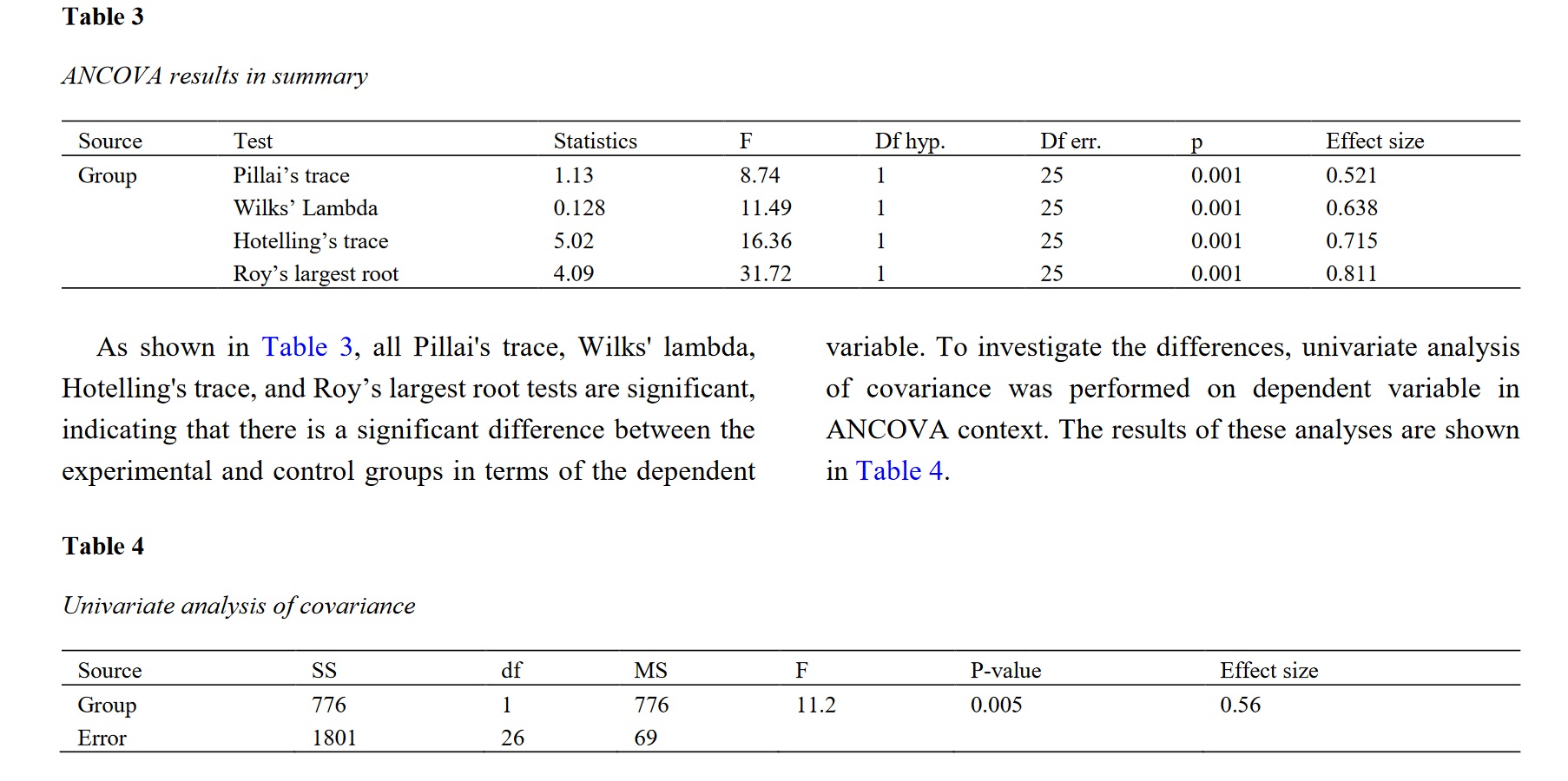The Effectiveness of Game-Based CreativityTraining on Social-Emotional Skills of Students
Abstract
Objective: Nowadays, creativity and play development is one of the main pillars of educational systems for appropriate decision making and problem solving. The aim of this study was to investigate the effectiveness of game-based creativity training on social-emotional skills of elementary school students.
Methods and Materials: This study was a quasi-experimental study with pretest-posttest design with two experimental and control groups. The statistical population in the quantitative part of the study included students of elementary school girls and boys in district 1 of Tehran in 2019 at the ages of 7-9. Data collection tools was Emotional-Social Competencies Questionnaire (2012). univariate analysis of covariance and SPSS.18 software were used to analyze the data.
Findings: The results showed that game-based creativity training protocol had an effect on the emotional and social skills of children in the experimental group and significantly increased those skills (F=11.20, P<0.001).
Conclusion: It can be concluded that the use of game-based creativity training protocol in elementary children helps to promote the social-emotional competencies of elementary students.
Downloads

Downloads
Additional Files
Published
Issue
Section
License
Copyright (c) 2024 Sanaz Fatourehchi, Kianoosh Hashemian, Khadijeh Abolmaali Alhosseini (Author)

This work is licensed under a Creative Commons Attribution-NonCommercial 4.0 International License.














